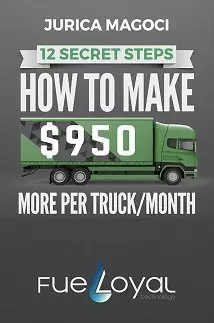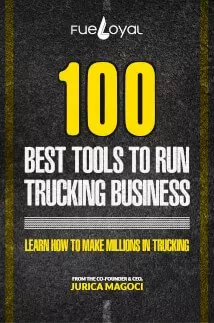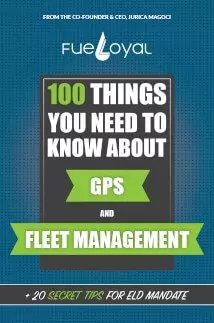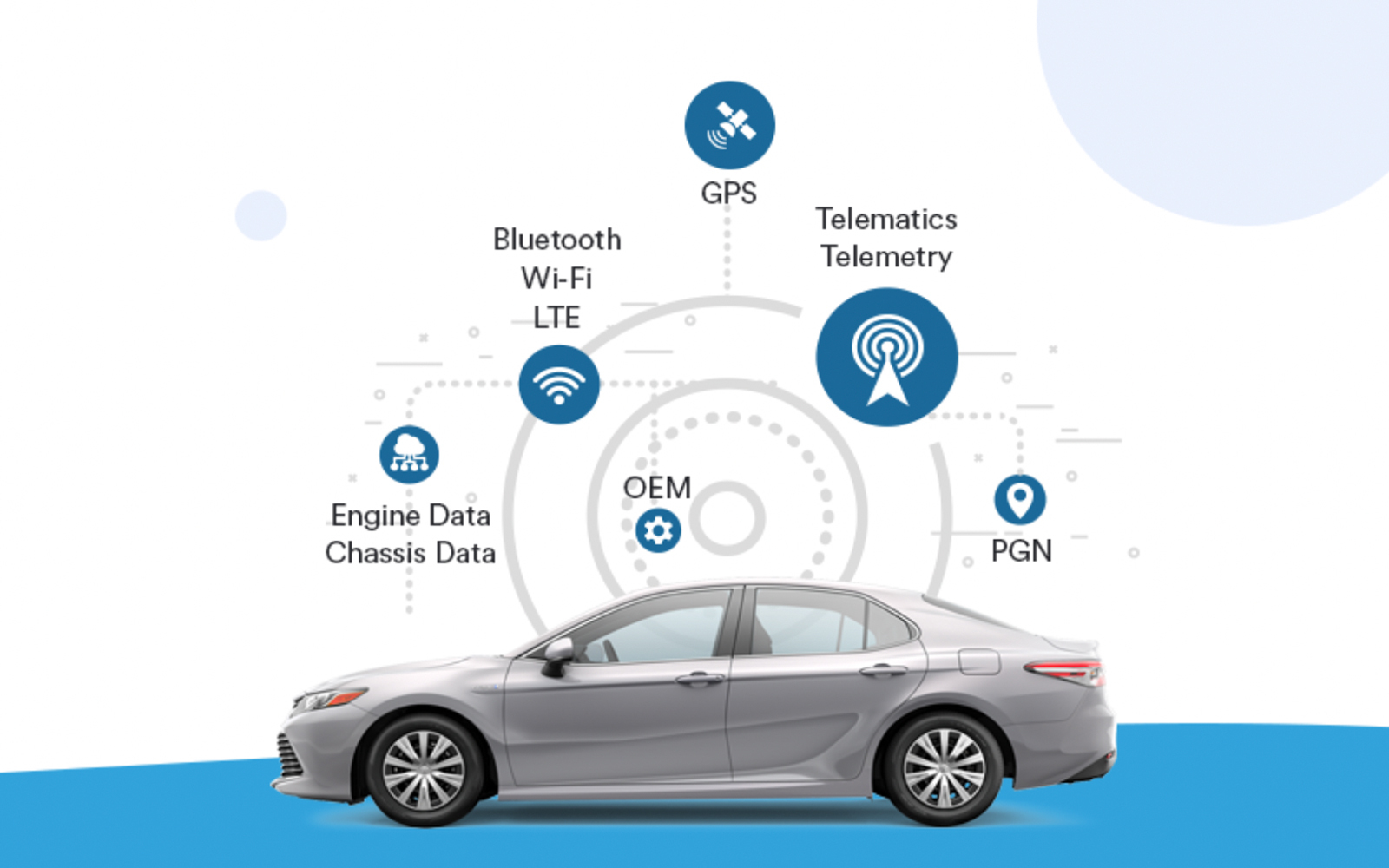Do you know any of the trucking industry terms? Moreover, do you know the crucial terms in the trucking industry?
Well, some are law-demanding to know.
Due to the wide terminology of the trucking industry, everyone involved in needs to know at least the most common legal terms.
Continually, it is pretty much the same as the obligation of knowing the trucking permits and licenses or CSA violations.
Having said this, how can a lawyer enter a full courtroom without knowing the terms regarding the law?
Think about it.
There is a lot to be learned about the trucking industry and when it comes to the trucking industry terms, it is like learning a Chinese alphabet.
The Most Important 50 Trucking Industry Terms
The trucking industry is one the most complex ones.
Having said this, if you are a newbie in the business, it may take you less time to learn the basics.
However, it takes a hard work and dedication in order to learn the industry on a highly professional level.
To continue with, there are a lot of trucking industry terms which every truck driver needs to learn.
1. ABS – Antilock Brake System
A computer, a sensor, and a solenoid valve are put together in order to track brake’s behavior in the trucking industry.







